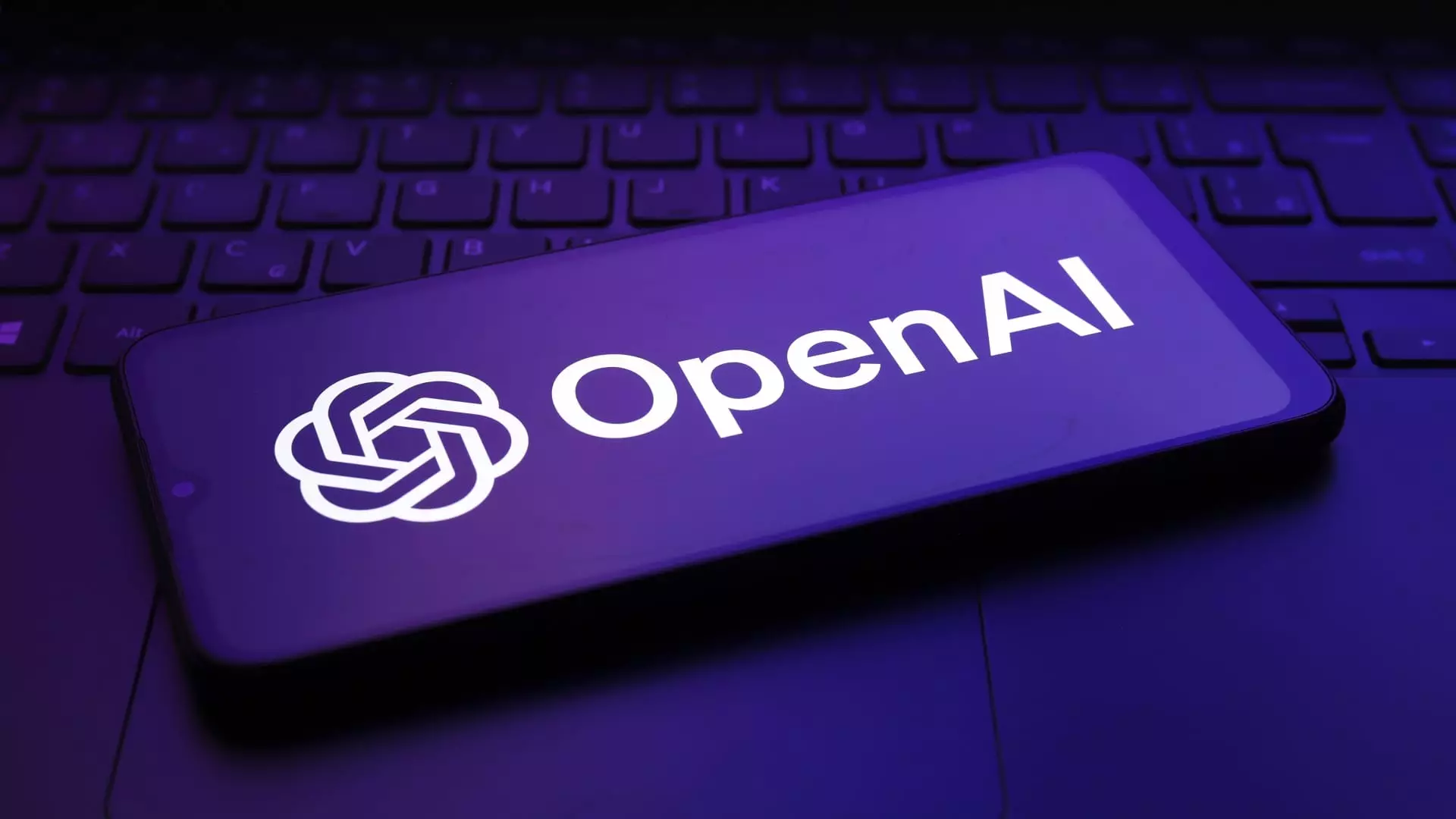In a heart-wrenching development within the tech community, Suchir Balaji, a 26-year-old former researcher at OpenAI, was recently discovered dead in his San Francisco apartment. The San Francisco Police Department confirmed the circumstances surrounding Balaji’s death, deeming it a suicide while emphasizing that initial investigations revealed no signs of foul play. The details of Balaji’s tragic passing raise significant concerns not only regarding mental health in the high-pressure world of technology but also about the broader ethical implications of artificial intelligence development.
Balaji’s departure from OpenAI earlier this year was marked by a growing concern over the ethical ramifications of AI technologies, specifically focused on copyright issues. As AI systems like ChatGPT continue to gain popularity, Balaji emerged as a vocal critic worried that such technologies might infringe on copyright laws, jeopardizing the intellectual property rights of creators whose works are used to train these models. His warnings echo a wider conversation within the industry about the implications of using copyrighted materials without appropriate consent or compensation, opening the company and its stakeholders to potential liabilities.
His views on the matter were particularly alarming. Balaji reportedly stated, “If you believe what I believe, you have to just leave the company,” highlighting the potential moral conflict faced by employees within AI firms. This sentiment highlights a profound issue in the corporate landscape of technology: the clash between innovation and ethical responsibility. Balaji’s concerns, now underscored by his tragic death, illuminate the often unseen pressures that can arise in high-stakes environments where advancements in technology outpace regulatory frameworks.
OpenAI’s response to Balaji’s death was one of devastation. A spokesperson conveyed the company’s sorrow, emphasizing the profound loss felt by the team and Balaji’s loved ones. Statements of grief in the tech world often serve as a reminder of the human element behind the rapid advancements in artificial intelligence and technology. The death of a promising figure like Balaji sends shockwaves through the community, prompting a necessary reflection on mental health support and the pressure exerted on young professionals within the industry.
The legal turmoil surrounding OpenAI and similar organizations adds another layer to this tragic narrative. With ongoing lawsuits from publishers and artists looking to hold these companies accountable for perceived violations of copyright laws, Balaji’s concerns raise important questions about the future of AI training practices. OpenAI’s CEO, Sam Altman, asserted that training AI does not necessitate the use of copyrighted data, suggesting a contentious divide between different stakeholders in the realm of AI ethics.
As the community mourns the loss of Suchir Balaji, his story serves as a crucial reminder of the ethical and personal dilemmas faced in the pursuit of technological excellence. The interplay of mental health, corporate responsibility, and ethical practices in artificial intelligence has never been more urgent. In light of Balaji’s situation, it becomes clear that the path of innovation must be navigated with care, compassion, and vigilant attention to the potential consequences that emerge from the shadows of progress.


Leave a Reply